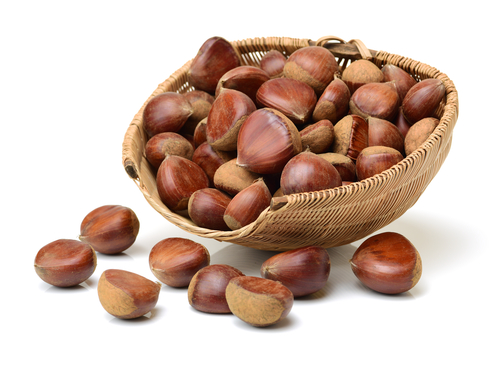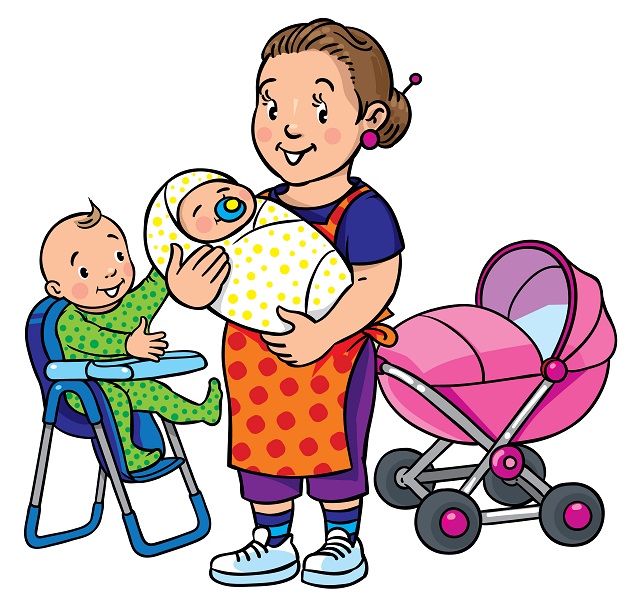Join our Facebook Group For 2022 SG Mummies to other mummies with same EDD.
Safe to Eat Chestnut

Trying to conceive
It is beneficial for couples to eat chestnuts while they are trying to conceive.
High concentration of vitamin C and other antioxidants present in chestnuts can help to improve general health of the couples which can increase the chance of conception.
Chestnuts are thought to increase sperm count which is important for successful conception.
Furthermore, chestnuts contain folic acid which can help to prevent birth defects in newborn.
Lastly, chestnuts are also good source of minerals like iron, copper, potassium, magnesium and zinc. All these minerals are beneficial to the couples who are trying to conceive.
During Pregnancy
strong>It is good for expecting mothers to eat chestnut during pregnancy.
Chestnuts are rich in vitamin C which can help to boost immune system of the expecting mothers.
Chestnuts contain folic acid which can help to prevent birth defects in newborn.
Chestnuts can help to reduce cholesterol level in the blood and therefore benefit the heart.
Chestnuts are also rich in minerals like iron, sulphur, manganese and copper which can benefit the expecting mothers and the growing fetus.
However, as most of the chestnut available in the market are roasted with sugar, you should eat chestnuts in moderation to avoid excessive weight gain which is undesirable during pregnancy.
During Confinement
It is good for new mothers to eat chestnuts during confinement.
Chestnuts are rich in vitamin C which can help to boost immune system of the new mothers. This will aid new mothers in recovering from birth delivery.
Chestnuts can help to reduce cholesterol level in the blood and therefore benefit the heart.
Chestnuts are also rich in minerals like iron, sulphur, manganese and copper which can benefit the new mothers who are weak after birth delivery.
However, you should not eat chestnuts in excess. Eating too much chestnuts may cause problem in digestive system, heat in the body and therefore should be avoided.
During Breastfeeding
It is safe for nursing mothers to eat chestnut during breastfeeding.
Chestnuts are rich in vitamin C which can help to boost immune system of the mothers as well as the babies.
Furthermore, chestnuts can help to reduce cholesterol level in the blood and therefore benefit the heart.
Lastly, chestnuts are also rich in minerals like iron, sulphur, manganese and copper which can benefit the mothers and the growing babies.
Four Months to Six Months Old Baby
It is not suitable for babies to eat chestnuts at this age.
Seven Months to Nine Months Old Baby
It is not suitable for babies to eat chestnuts at this age.
Ten Months to Twelve Months Old Baby
It is not suitable for babies to eat chestnuts at this age.
One Year Old and Above Baby
You can introduce chestnuts to your child when he or she turns 2 years old.
You need to gradually introduce chestnuts to your child as he or she may show allergic reaction to chestnuts.
You also need to crush it so that it is easy for your baby to chew and digest to prevent choke.
Overall, walnuts can offer your child a range of health benefits.
Chestnuts are good for the brain development as they are rich in omega-3 fatty acids.
Chestnuts are also beneficial for the immune system of the children as chestnuts contain many powerful antioxidants.






